Do dominants, secondary dominants, or tritone substitutions have to be seventh chords?
You might think yes. But really, no….
This deserves further explanation which I provide in my response to the Quora poster.
Included in my explanation is how even single notes can imply the dominant effect. And a deeper dive into the all-important tritone.
I also touch on how and why the tritone doesn’t always imply a dominant effect either. (Hint: Think minor six chords or a simple IV chord.) And why the Blues totally drives he classical theorists crazy.
The reason seventh chords are used so often setting up a resolution to the tonic, is that they have two drivers of the need to resolve. Can you guess what the two drivers are?
That answer and my full explanation to this question can be found in my Quora answer
Related Posts:
What are other names for I, II, III, IV, V, VI, VII chords?


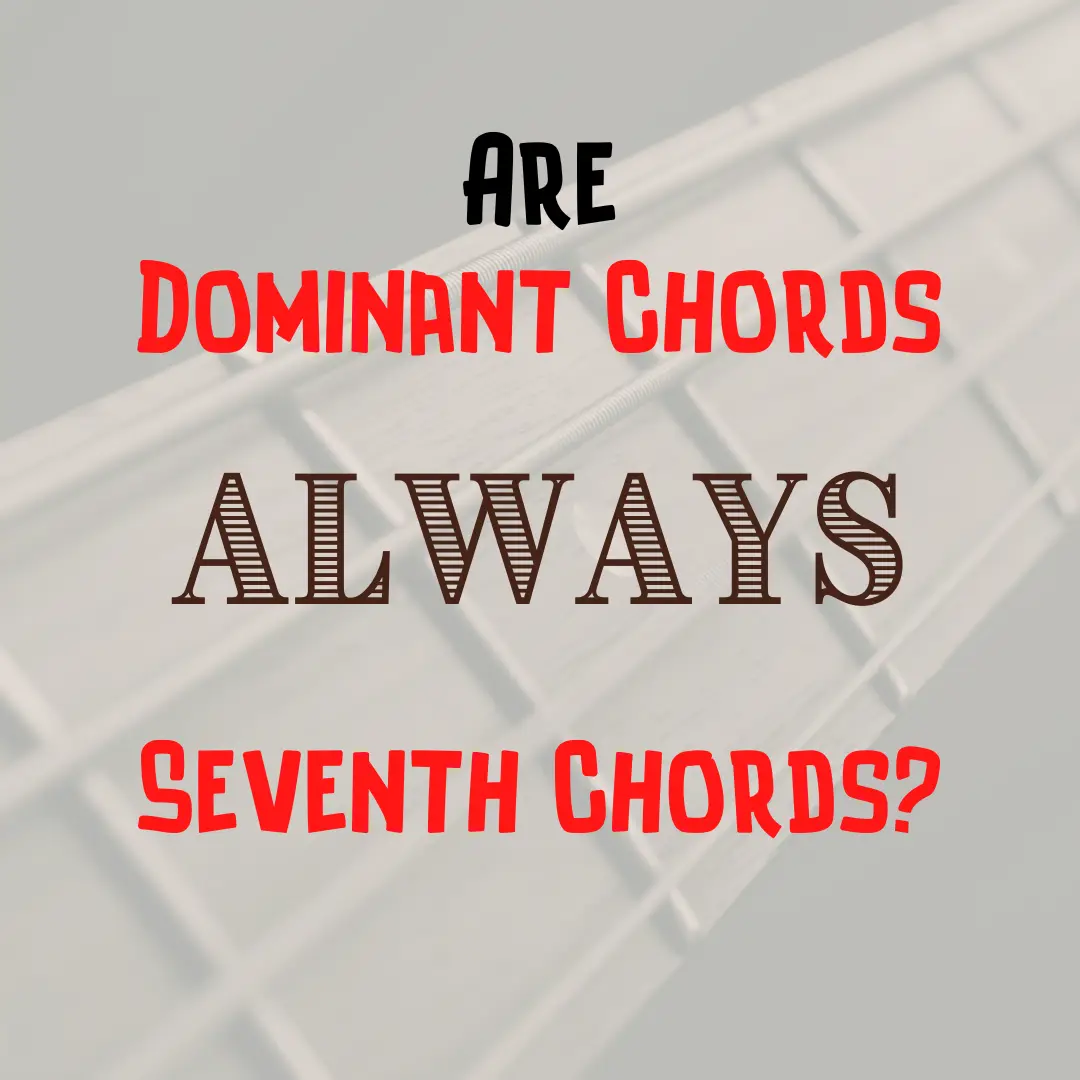

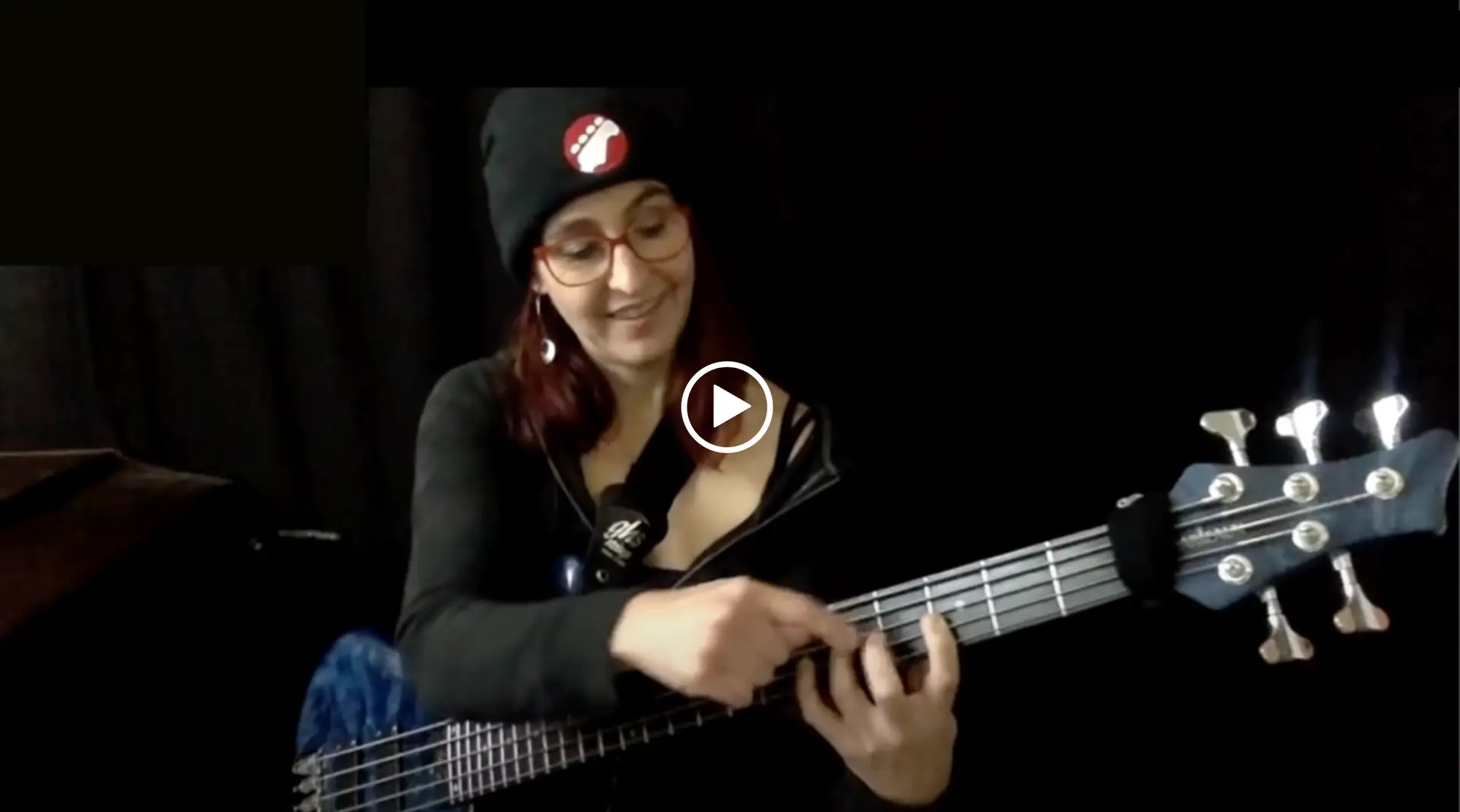
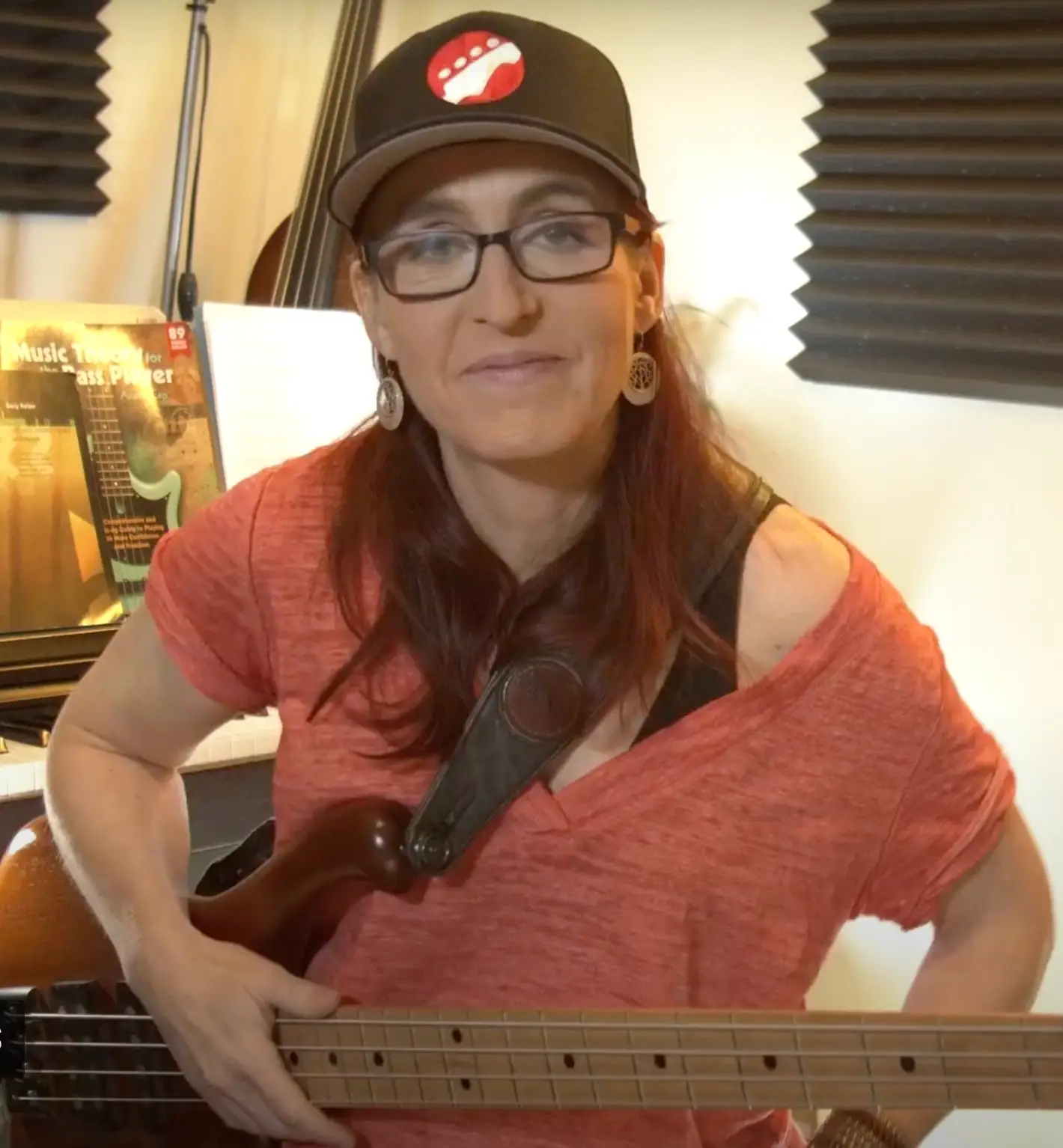
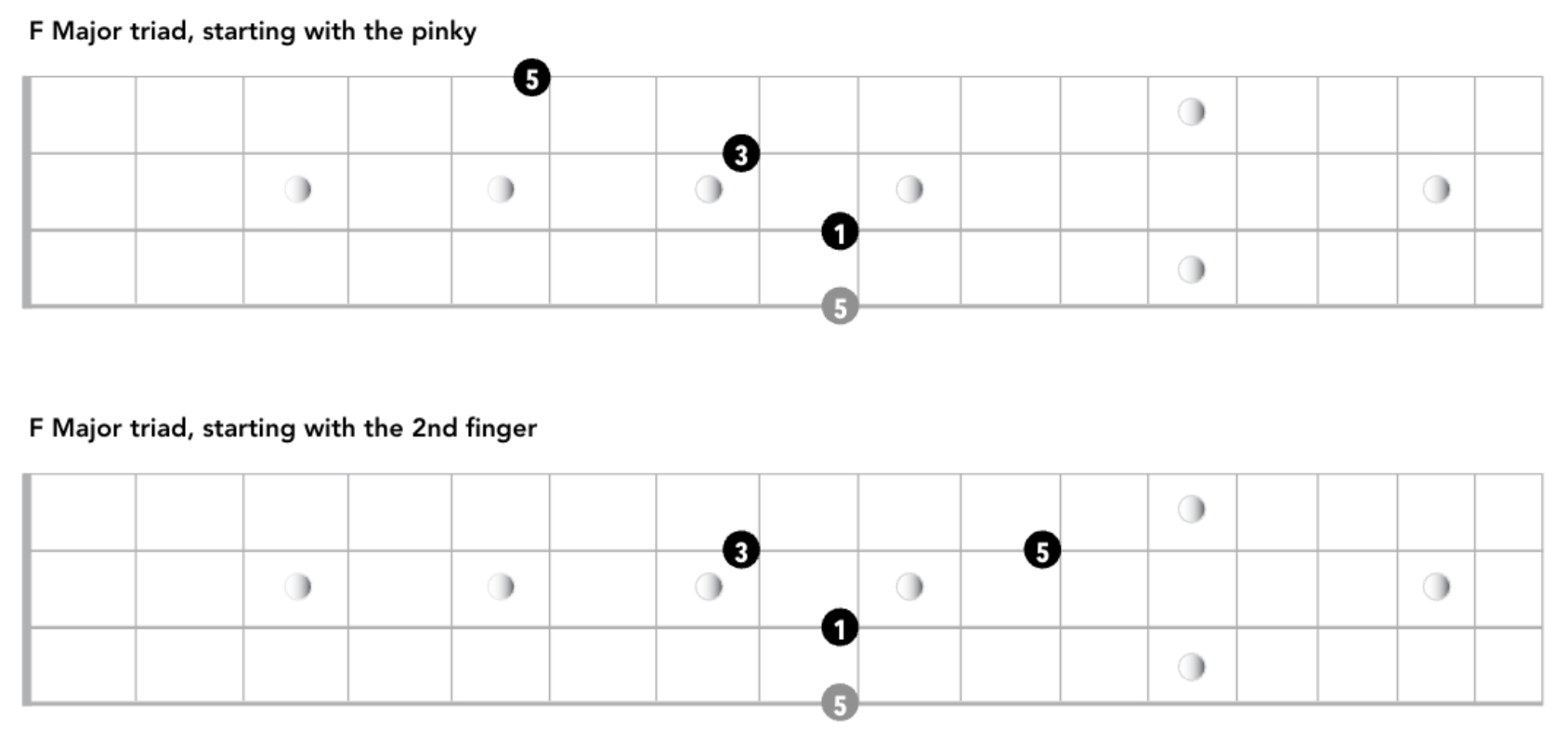
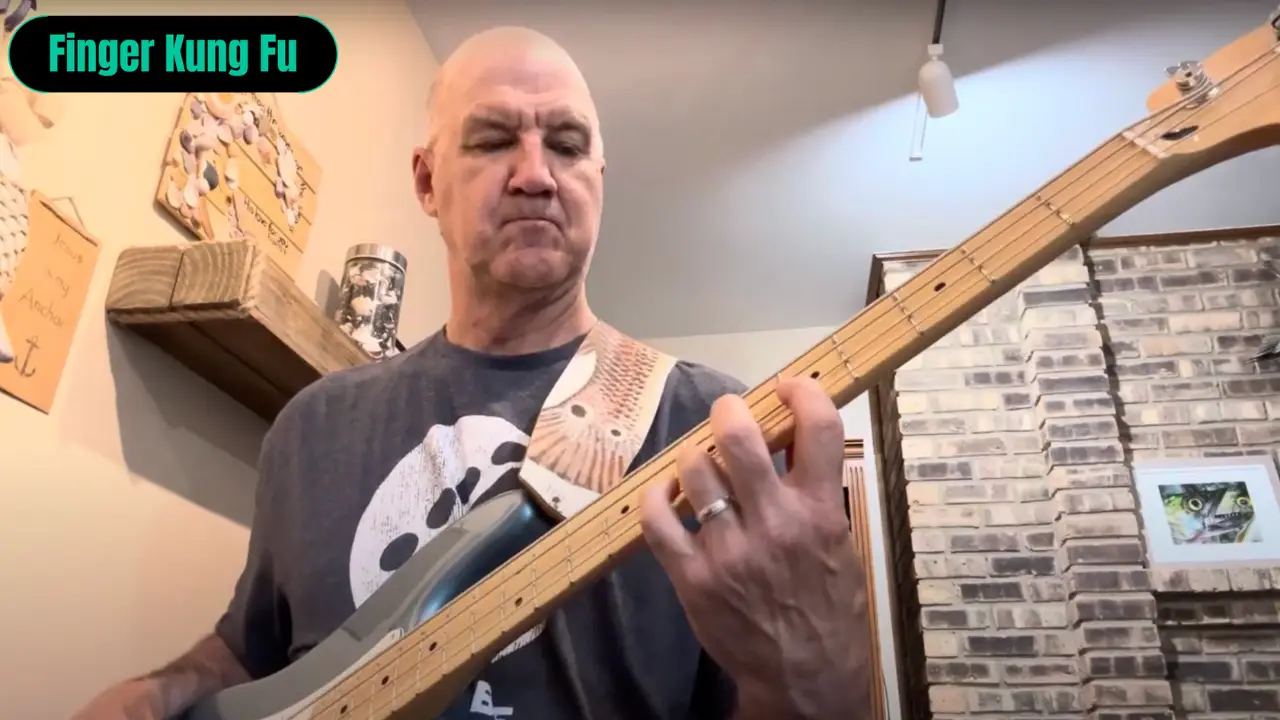
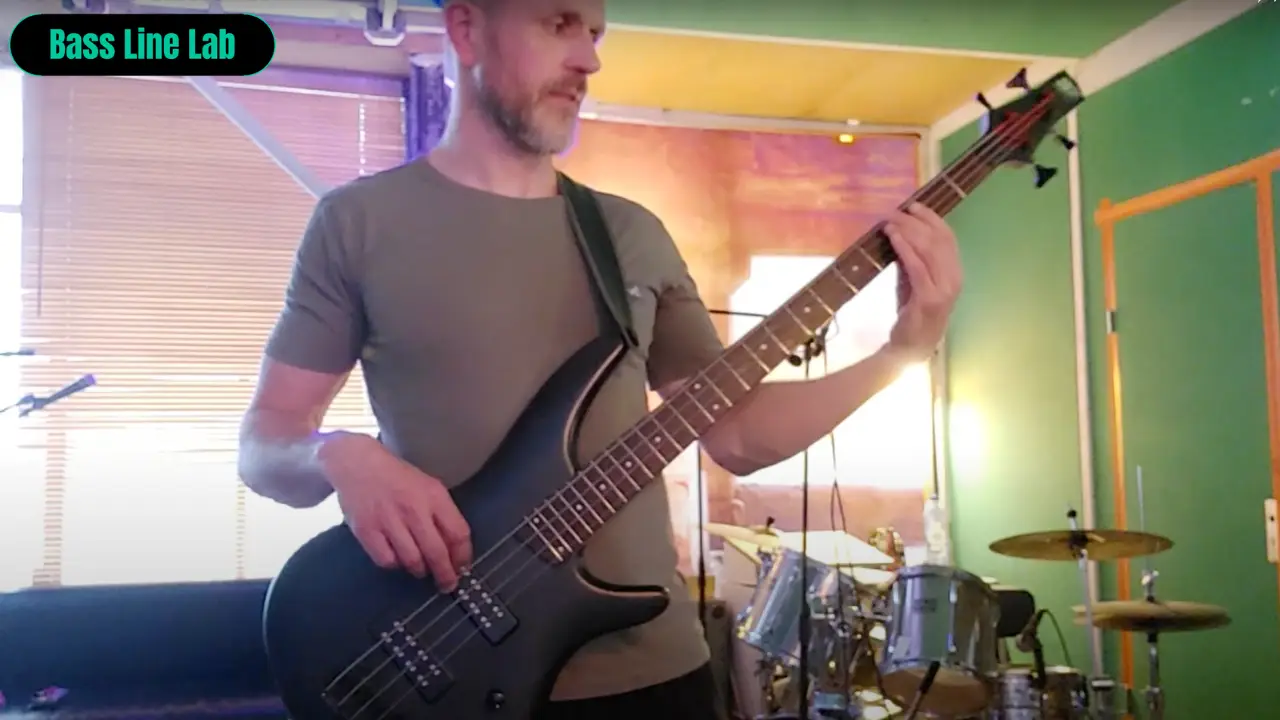
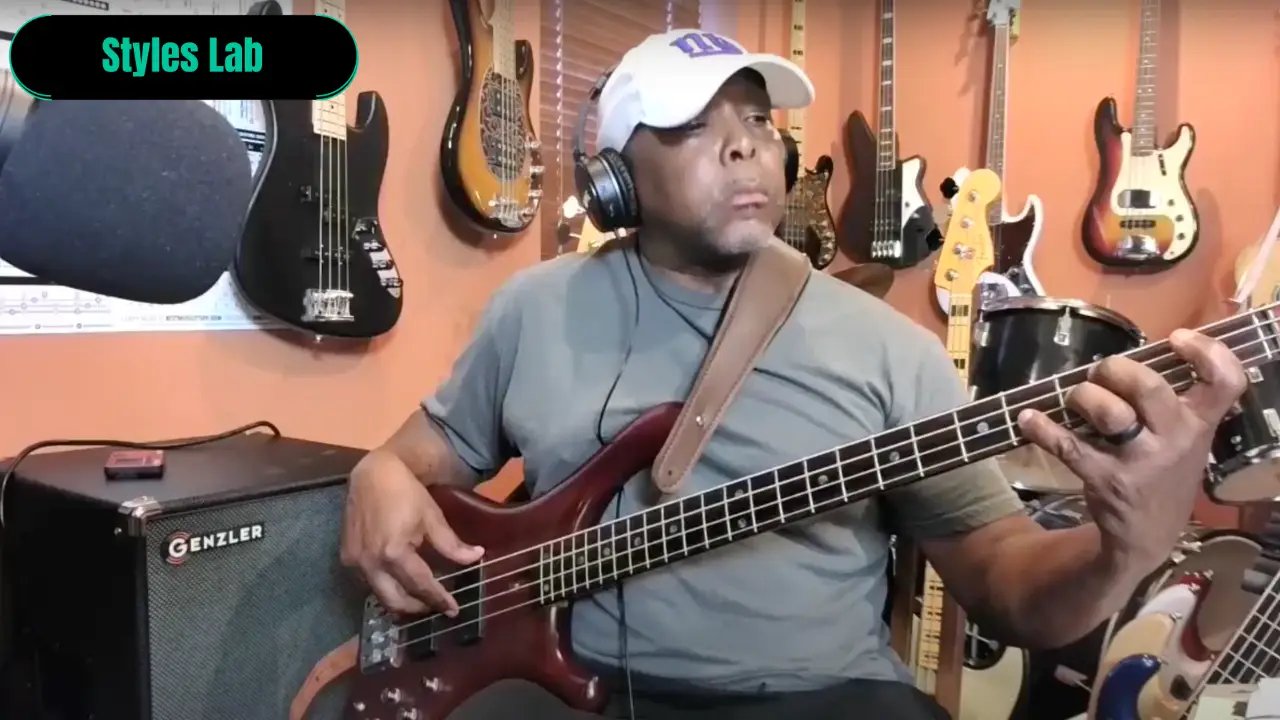
0 Replies to “Are all Dominant Chords Seventh Chords?”
Interesting post, I think. What is “the dominant effect?” This term is repeated without definition and seems key to understanding.
Hi Robert, that is explained in this post (referenced on the bottom of the post) – https://arisbassblog.com/tonic-subdominant-dominant/
Essentially the “dominant effect” is that dominant chords are pointing to —> home (the tonic or I Chord).
V -> I creates a strong sense of wanting to resolve to the root. It’s a bit of a sense like the pull of gravity.
They tell the story of Mozart’s Dad playing a dominant seven chord on the piano to make little Wolfgang get out of bed. He just could not stand it just hanging there, so he’d get up and resolve it.
Thanks for commenting.
Thanks, Ari.
I always wondered about the “dominant” terminology.
Robert
You are welcome. Tonic, subdominant. dominant. It’s important to understand it for the right reasons 🙂